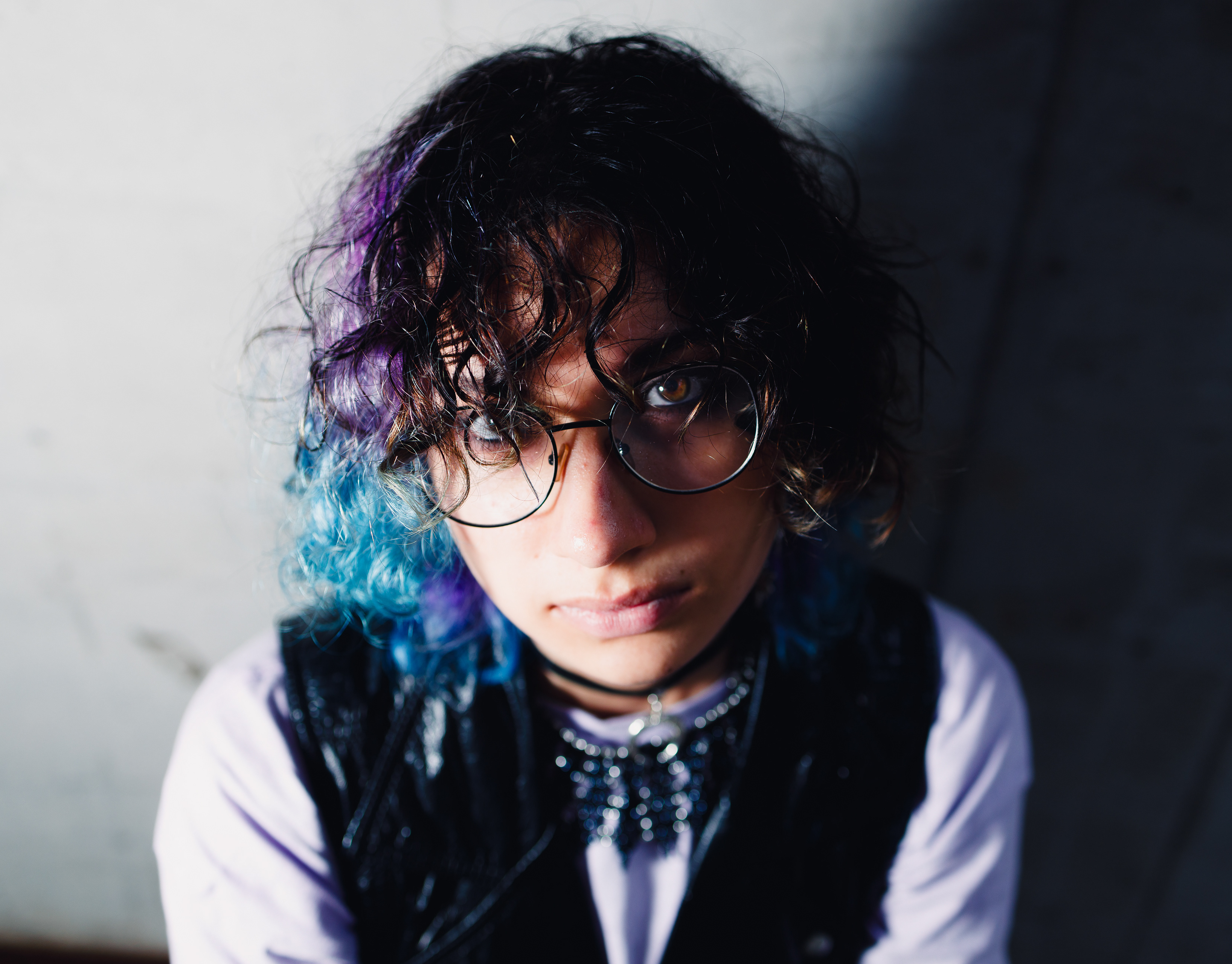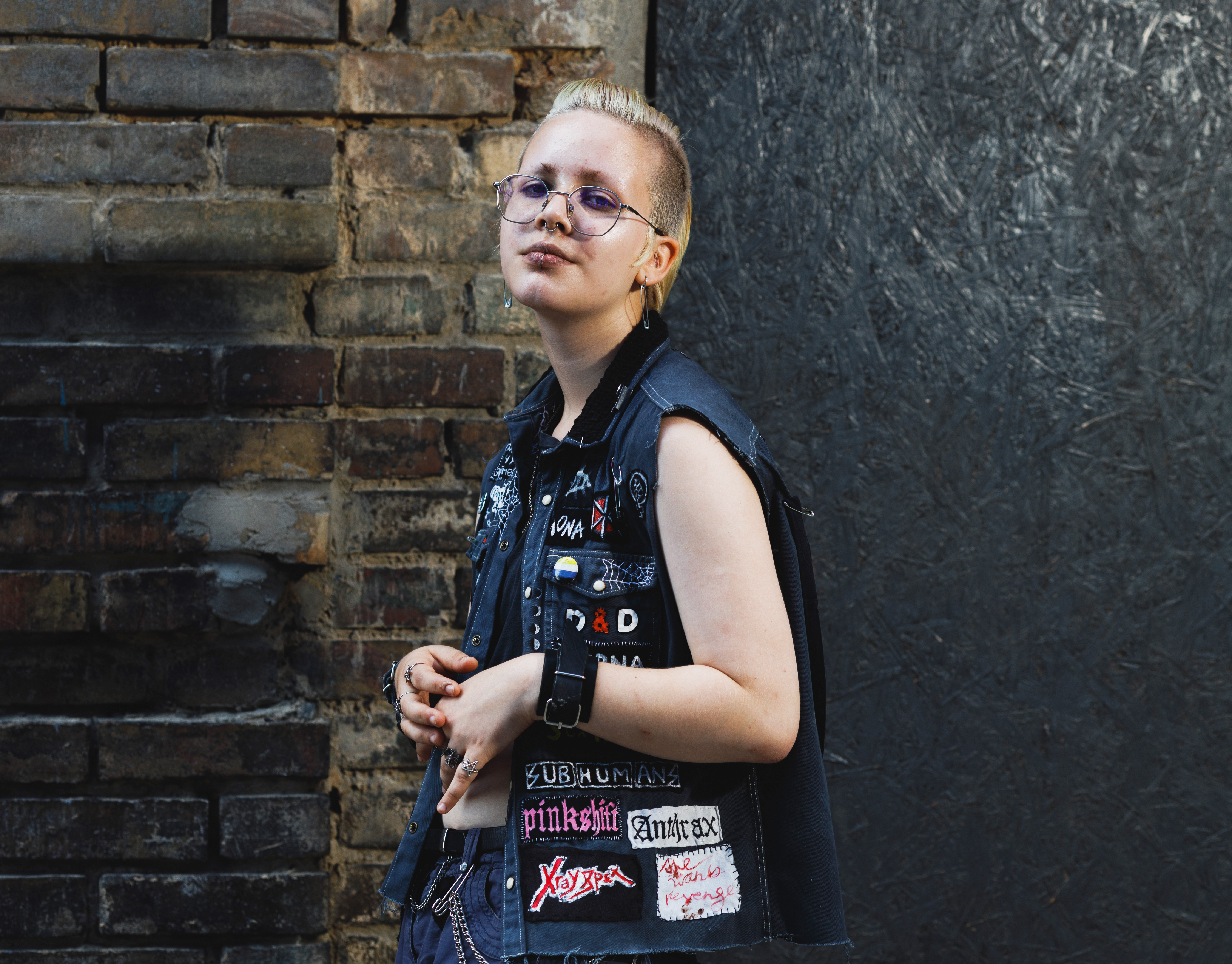

Daniel, he/they


Frederick, he/they


Rave, they/them


Theo, he/him


Ashton, they/them